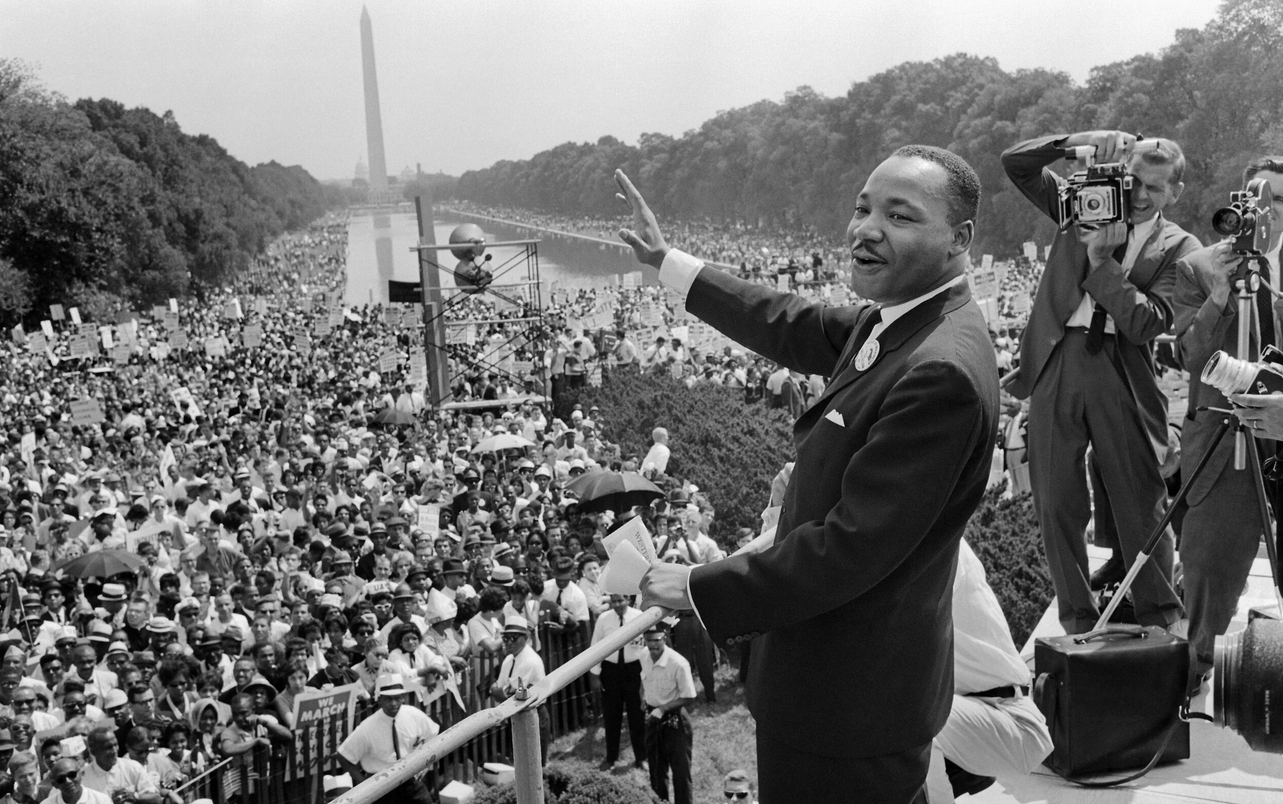Photos: Facebook
Black-owned banks are seeking to address the widening racial wealth gap.

When Dorian Bolden began expanding his coffee shop, Beyu Caffe, in Durham, North Carolina, he says the most difficult part was securing funding as a Black business owner.
“I recognize how we were not able to get funding the way I saw, you know, my white counterparts getting funding,” Bolden told ABC News.
Bolden is far from the only Black entrepreneur to face such a barrier. Black-owned businesses were about half as likely as white-owned businesses to receive all or most of the financing they requested, according to a 2022 Federal Reserve report.
The struggle to find capital isn’t new. After the end of slavery, Black Americans were largely shut out of American banks. Between 1865 and 1934, minority depositories, also known as Black-owned banks and credit unions, began to surface across the country as a result.
The Greenwood section of Tulsa, Oklahoma, would become home to what was known as Black Wall Street, but in 1921 it was burned to the ground by white supremacists in a violent race massacre.
Historic downtown Durham, where Bolden set up shop in 2009, acquired a “national reputation for entrepreneurship” of Black-owned business in the early 1900s, reads a sign in the area. Founded in 1907, Mechanics and Farms Bank, or M&F Bank, was among those businesses.
M&F Bank is now the second-oldest minority depository in the country…READ MORE









